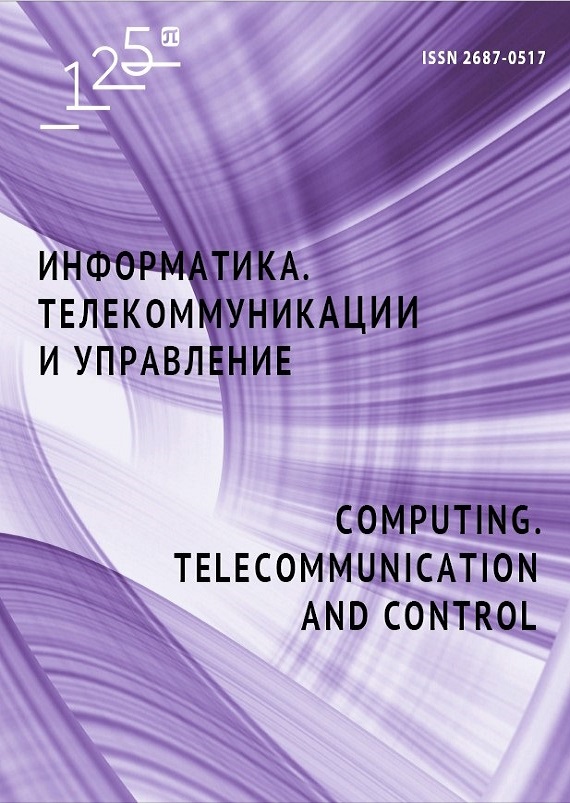Influence of transients in the information processing channel of the airport automatic radio direction finder on the direction finding accuracy
The article is devoted to the study of the transients influence in the information processing channel of an aerodrome automatic direction finder (ADF) on the accuracy of direction finding. This task is of great importance, since improving the accuracy of navigation equipment allows setting the separation standards higher and improving the aircraft flights safety. When the phase difference between the signals on the neighboring vibrators of the antenna system (AS) is equal to 180°, a signal loss is observed in the low-frequency filter of the ADF due to the amplitudes equality of the component signals from the kth and k + 1th vibrators, that leads to failures (the appearance of abnormal errors) in the ADF operation. When using the radio direction finders operation to find speech-modulated signals (an amplitude-modulated signal), certain gaps emerge in the direction-finding signal due to the operation of automatic gain control in the ADF receiver, which leads to the accuracy deterioration of the direction-finding. We propose methods of reducing the transients influence on the accuracy of radio direction finding. To eliminate the influence of transients caused by the operation of the Automatic Gain Control, taking into account the fact that the processing of direction finding information in the ADF is carried out on a channel microprocessor, it is necessary to assign weight coefficients to the directions calculated for eight switching cycles of the AS elements and calculate the value of the weighted average finding.


